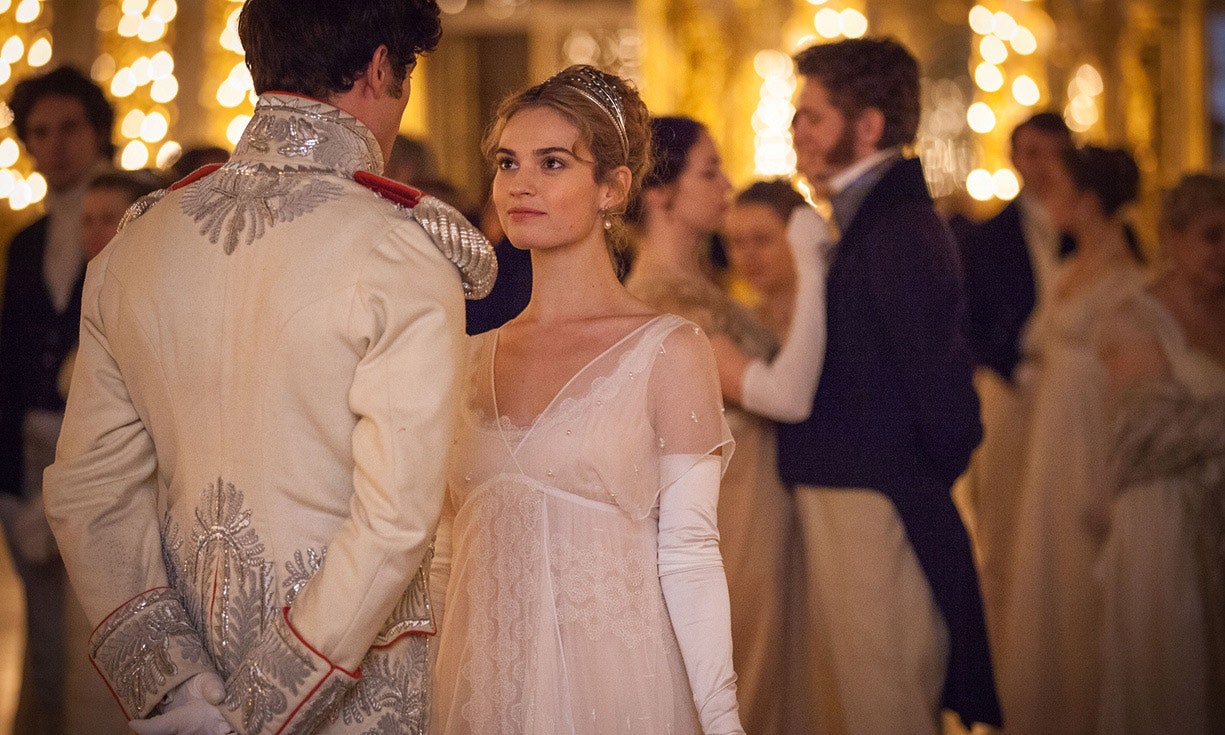road master
JF-Expert Member
- Jun 11, 2020
- 2,064
- 3,011
Tatizo kubwa sana walilonalo waafrica na bado tunalo ni kwamba hatu hifadhi maandishi au histori zetu hivyo tulutegemea sana oral tradition ya simuliz kutoka kwa wahenga!! Hivyo pind wanapo farik na historia inapotelea mbali!!!

